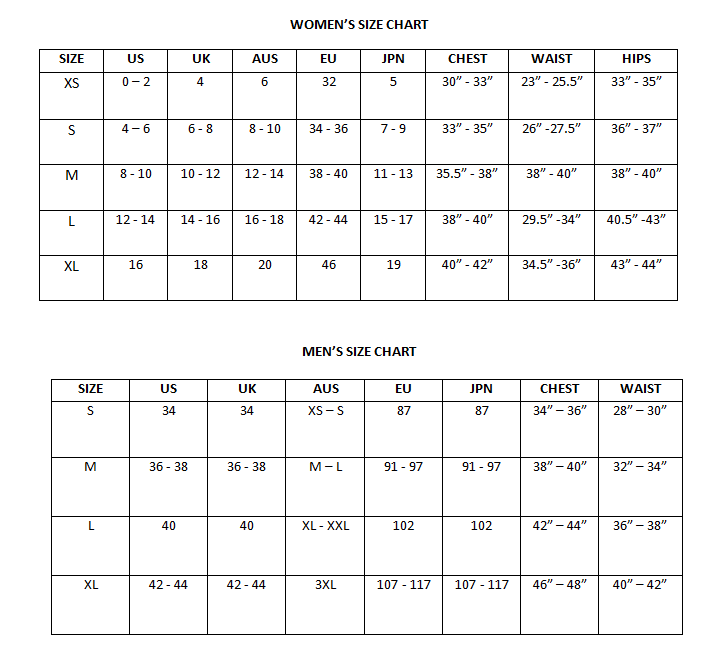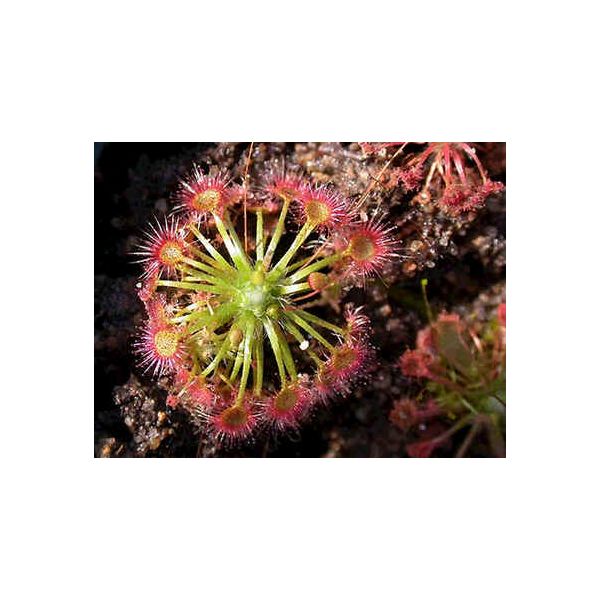Drosera Pygmaea Seeds (Pygmy)
Drosera Pygmaea Seeds (Pygmy)
Although some people are put off by their size, their beauty lie in numbers. Because of the gemmae, the plants quickly cover the growing area, forming dense mats.

Delivery
All orders shipped with UPS Express.
Always free shipping for orders over US $250.
All orders are shipped with a UPS tracking number.
Returns
Items returned within 14 days of their original shipment date in same as new condition will be eligible for a full refund or store credit.
Refunds will be charged back to the original form of payment used for purchase.
Customer is responsible for shipping charges when making returns and shipping/handling fees of original purchase is non-refundable.
All sale items are final purchases.
Help
Give us a shout if you have any other questions and/or concerns.
Email: contact@domain.com
Phone: +1 (23) 456 789
Availability: Out of stock
SKU
Drosera Pygmaea
Drosera pygmaea is probably the best known of the Pygmy Sundews. This is a species found in the Southeast of Australia and New Zealand. The climate is of the Mediterranean sea with warm, dry Summers and cool Winters.
Each leaf consists of a thin petiole and a round, red lamina measuring up to 2 mm in diameter. Leaves in a convex rosette. The rossettes are about 1.5 - 2 cm. The leaves, curl around any captured prey like a fist. It flowers early Spring to mid Summer. There is one white flower per stalk, and can have many flower stalks. Although some people are put off by their size, their beauty lie in numbers. Because of the gemmae, the plants quickly cover the growing area, forming dense mats.
It 's an insectivorous plant, it can survive in nitrogen poor soils because it gets the nutrients it needs from insects. The upper surfaces of leaves are covered with hairs that secrete a sweet sticky substance. This attracts insects, which become smeared with it and unable to escape. The plant then exudes a digestive fluid that enables it to absorb most of the insect into its system.
Pygmy Sundews differ from the rest of their species, because of their ability to form gemmae. During the Winter months the Pygmaea Drosera produce gemmae in place of the leaf blade. These gemmae are an asexual method of reproduction and are able to form a mature plant by late Spring. These are flat, round bodies which form in the center of the plant. They are basically seed, although they don't need to be pollinated. The germination rate is far higher than that of seed. Also gemmae grow into mature plants very quickly.
Because of the plants producing lots of gemmae, these plants are very easy to grow and propagate. When the plants are forming gemmae, brush the gemmae off with a soft paintbrush onto a paper towel. Even if you don't want any new plants it is best to do this, because if you don't your plants will become over crowded and become and easy target for pests.
Hardiness zones 8-10, (1øC/35øF, -10øC/15øF) in Winter. The plants should have hot and dry Summers and cool and wet Winters. They should be grown in bright light, but with protection from full midday sun. Temperatures should be kept between 20øC/68øF, 25øC / 80øF. In cloudy coastal areas, artificial light is a must.
Drosera pygmaea is an easy Sundew. Drosera pygmaea have very long roots and grow best in pots 15-20cm deep. Use a standard peat moss/sand which can be anything from 30% to 100% peat moss. There's no need to fertilize, as the plant relies on insects for food.
Requires consistently moist soil in Winter; do not let dry out between waterings. During Summer the plant becomes dormant and should be given just enough water to keep the lower half of the pot damp while the top half is kept dry. Water must be distilled or rain water because they do not tolerate city or hard water.
| Label | Drosera pygmaea |
|---|---|
| Common name | Pygmy Sundew |
| Genus | Drosera |
| Species | Drosera pygmaea |
| Germination | The seeds require 6 weeks hot stratification. Sow directly on the surface of your moist but not soaked soil mix. Do not cover them with any medium, the seeds are really tiny. After hot stratification, somewhat uncover the top of the pot, so that moisture and heat drop a little. Place the pot in an area with real nice strong light and keep the temperature around 20øC/68øF. When you see some tiny plants starting to sprout, slowly open the top of the pot, a little each day, so that the new seedlings don't go into shock from the humidity being lowered too quickly. After hot stratification, germination usually occurs in 1-3 months, but it can be prolonged up to several months, depending on their degree of unbroken dormancy, don't give up. Be very gentle with the new seedlings, not to destroy anything, it is very tiny. Make sure that it gets good air circulation. |
| Scarification / Stratification | It creates a hot and moist environment for the seeds. This will break their dormancy. Place the seeds on top of a prepared soil mix. Put the pots with seeds in plastic ziplock bags under but not too close to florescent lights. A temperature around 25øC / 76øF works best. Make sure to check the seeds often. If fungus or mold appears treat it with a fungicide. |

